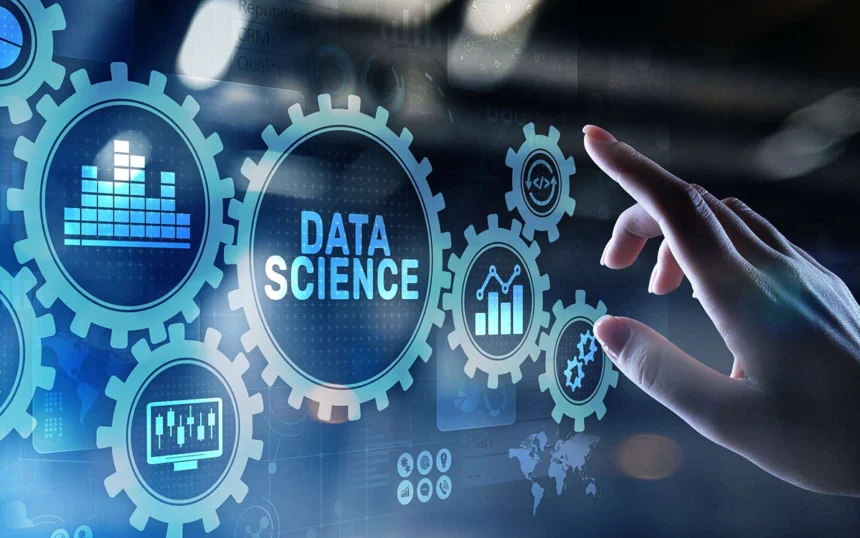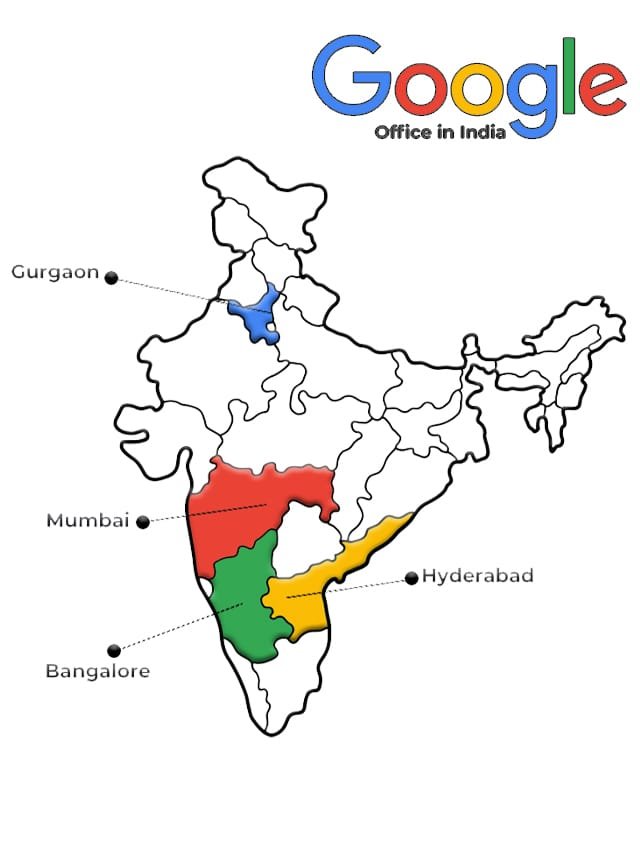Are You Ready to Kickstart Your Career in Data Science?
Data Science is one of the most sought-after careers today, but breaking into this field as a beginner can be daunting. Are you overwhelmed by the sheer volume of information and unsure where to start? If you’re nodding your head, you’re in the right place. This article will guide you through the essential steps to secure a data science job, even if you’re just starting out.
Understanding Data Science: The Basics
Before diving into how to get a job in data science, let’s clarify what data science is. Data science combines statistics, mathematics, programming, and domain knowledge to extract insights from data. It’s used across various industries, from finance to healthcare, to make informed decisions and predictions.
Why Choose a Career in Data Science?
- High Demand: Companies worldwide are in constant need of skilled data scientists.
- Attractive Salaries: Data science jobs often come with lucrative compensation packages.
- Versatility: Data science skills are transferable across various domains.
- Growth Opportunities: The field offers numerous paths for advancement and specialization.
Key Skills Required for a Data Science Job
1. Programming Skills
- Python: Widely used for its simplicity and extensive libraries.
- R: Preferred for statistical analysis and visualization.
- SQL: Essential for database management and querying.
2. Mathematics and Statistics
- Probability: Understanding random events and their outcomes.
- Statistics: Analyzing and interpreting data.
- Linear Algebra: Essential for machine learning algorithms.
3. Data Manipulation and Analysis
- Pandas: For data manipulation and analysis.
- NumPy: For numerical computations.
- SciPy: For advanced statistical operations.
4. Machine Learning
- Supervised Learning: Regression, classification algorithms.
- Unsupervised Learning: Clustering, dimensionality reduction.
- Deep Learning: Neural networks and advanced techniques.
5. Data Visualization
- Matplotlib: Basic plotting library in Python.
- Seaborn: Statistical data visualization.
- Tableau: Interactive data visualization tools.
Building a Strong Portfolio
A well-crafted portfolio can set you apart from other candidates. Here’s what to include:
1. Projects
- Real-world Data Projects: Showcase your ability to handle real datasets.
- Machine Learning Models: Implement and explain various ML models.
- Visualization Projects: Highlight your skills in data visualization.
2. Kaggle Competitions
- Participate in Kaggle competitions to gain practical experience and exposure.
3. GitHub Repository
- Maintain a GitHub repository to showcase your code and projects.
Creating an Impressive Resume and LinkedIn Profile
Your resume and LinkedIn profile are often the first impressions potential employers have of you.
1. Resume Tips
- Clear and Concise: Highlight your skills, projects, and experience.
- Tailored: Customize your resume for each job application.
- Keywords: Use relevant keywords from the job description.
2. LinkedIn Profile
- Professional Photo: Use a high-quality professional photo.
- Detailed Summary: Summarize your skills, experiences, and aspirations.
- Recommendations: Request recommendations from professors or colleagues.
Networking and Building Connections
Networking is crucial in landing your first data science job.
1. Attend Conferences and Meetups
- Engage with professionals in the field and learn about the latest trends.
2. Online Communities
- Join online communities like Reddit, Stack Overflow, and LinkedIn groups.
3. Informational Interviews
- Conduct informational interviews with data scientists to gain insights and advice.
Preparing for Data Science Interviews
Interview preparation is key to securing a job in data science.
1. Technical Skills
- Coding Challenges: Practice coding problems on platforms like LeetCode and HackerRank.
- Statistics and Probability: Review key concepts and their applications.
- Machine Learning: Understand algorithms and their use cases.
2. Soft Skills
- Communication: Clearly explain your thought process and findings.
- Problem-Solving: Demonstrate your ability to tackle complex problems.
- Teamwork: Showcase your ability to work effectively in teams.
Commonly Asked Interview Questions
Here are some frequently asked questions in data science interviews:
- What is the difference between supervised and unsupervised learning?
- Explain the bias-variance tradeoff.
- How do you handle missing data?
- What is cross-validation, and why is it important?
- Can you explain a machine learning project you worked on?
READ MORE : How to Get a Job in Finance as a Fresh Graduate
FAQs about Getting a Job in Data Science
Q: Do I need a degree in data science to get a job?
A: While a degree can be beneficial, it’s not mandatory. Many employers value skills and experience over formal education.
Q: How important is coding for data science?
A: Coding is essential in data science for data manipulation, analysis, and building models.
Q: Can I switch to data science from a non-technical background?
A: Yes, many successful data scientists have transitioned from non-technical backgrounds through self-study and specialized courses.
Q: How do I choose my first data science project?
A: Start with a project that interests you and is relevant to your career goals. Use publicly available datasets to practice.
Q: What are the best resources for learning data science?
A: Online courses, bootcamps, books, and tutorials are great resources. Websites like Coursera, edX, and Udacity offer comprehensive courses.
Closing Note
Embarking on a career in data science as a beginner may seem challenging, but with the right approach and dedication, you can achieve your goals. Thank you for reading this comprehensive guide on how to get a job in data science as a beginner. Join coursebhai We hope you found it helpful and informative.









![Applied Science Internship Opportunities at Microsoft [12 weeks Summer 2026] Apply Now 11 Internship Microsoft](https://coursebhai.com/wp-content/uploads/2025/10/Untitled-1200-x-628-px-17-330x220.png)
